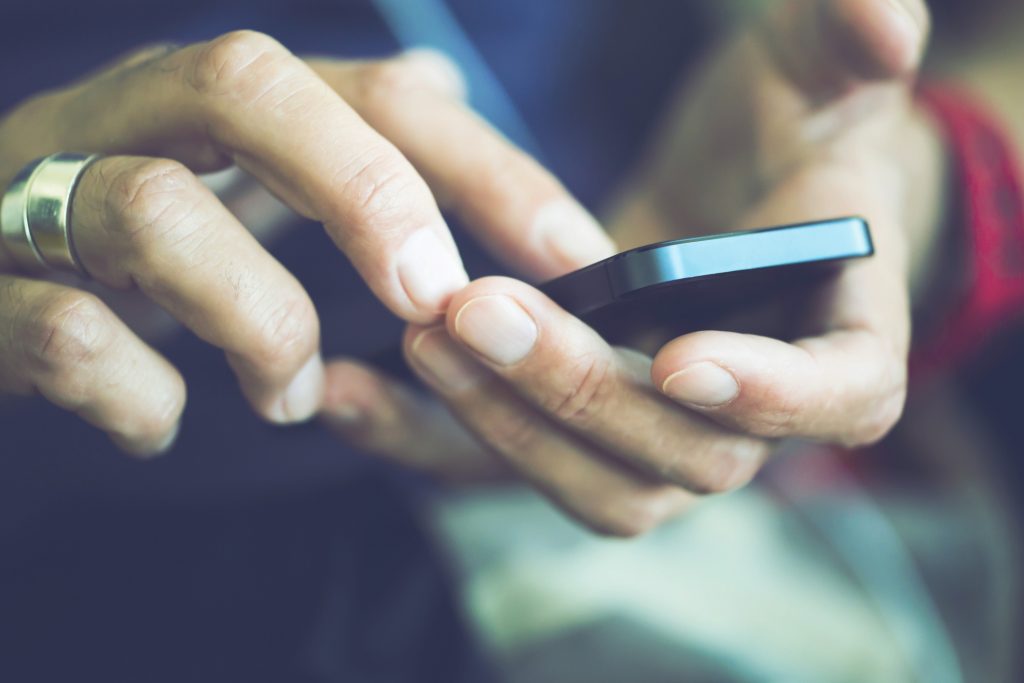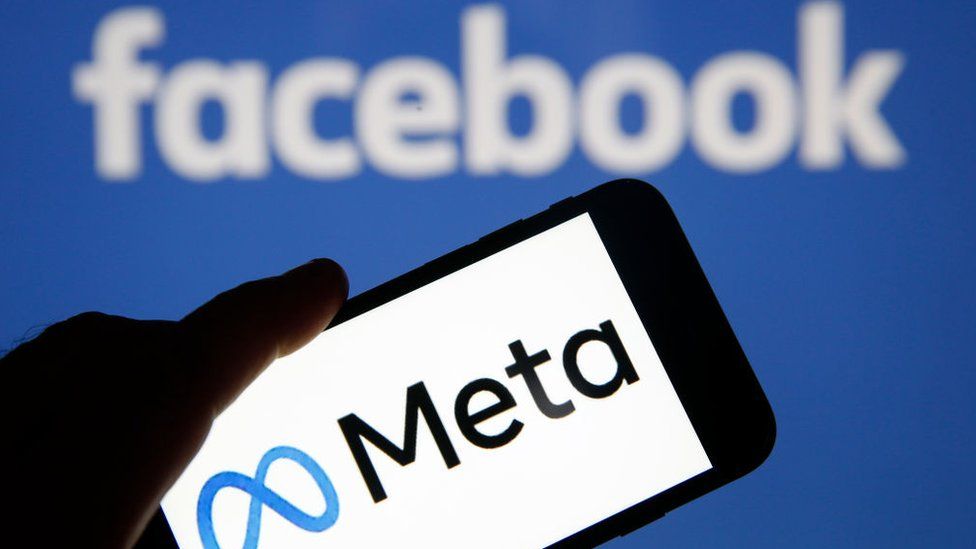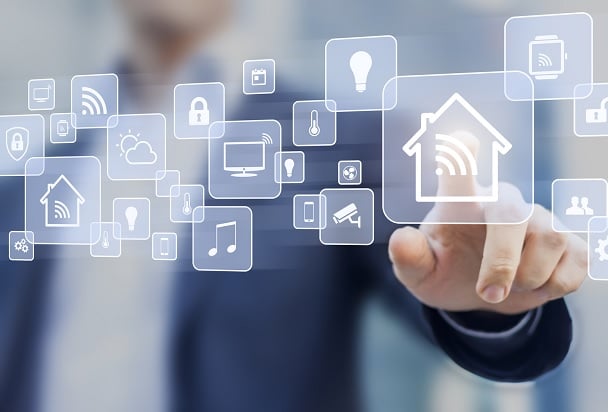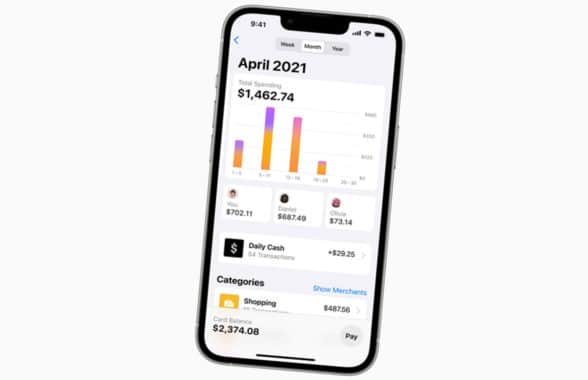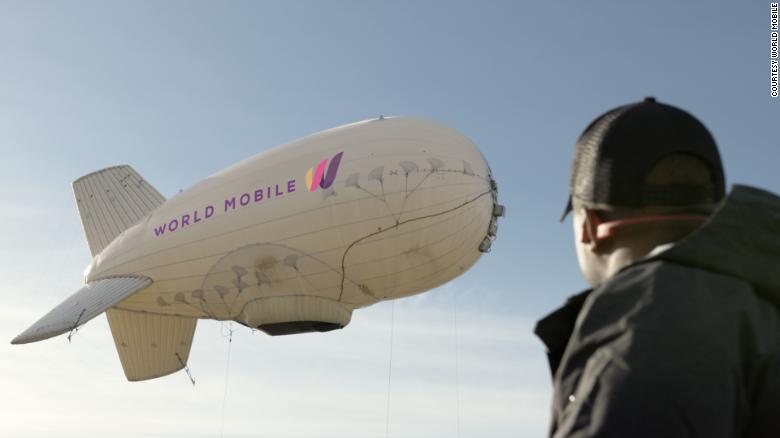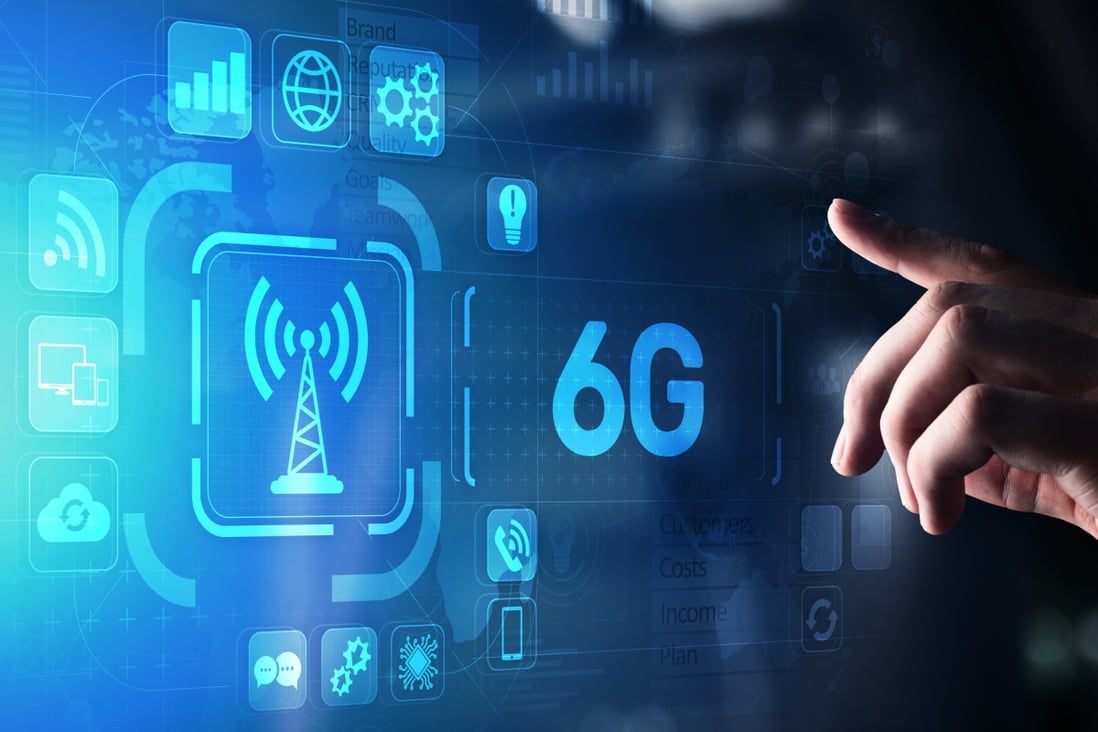Find out the week’s top mobile stories from around the world. Headlines this week include… Meta faces billion-pound class-action case, we spent nearly 5 hours a day on our mobile devices in 2021, Mobile operators deny blocking Apple’s Private Relay feature and much more…

We spent nearly 5 hours a day on our mobile devices in 2021
ZDNet
It’s no secret we use our mobile devices too much, but a new study reveals that we collectively spent 3.8 trillion hours looking at the phone in our hands in 2021.
According to App Annie’s State of Mobile 2022 report released this week, mobile device use hit record-breaking numbers last year. The study found that the top 10 mobile markets (which include the US, Canada, Mexico, and Japan) spent an average of 4.8 hours a day on our phones — or one-third of a single waking day — which is up 30% from the past two years.
Read more…
Meta faces billion-pound class-action case
BBC
Up to 44 million UK Facebook users could share £2.3bn in damages, according to a competition expert intending to sue parent company Meta.
Dr Liza Lovdahl Gormsen alleges Meta “abused its market dominance” to set an “unfair price” for free use of Facebook – UK users’ personal data.
She intends to bring the case to the Competition Appeal Tribunal. A Meta representative said users had “meaningful control” of what information they shared.
Read more…
Mobile operators deny blocking Apple’s Private Relay feature
ITPro
UK mobile operators have denied reports that they had blocked customers’ access to Apple’s new Private Relay feature, blaming the issue on a fault in iOS 15.2 instead.
First announced in June 2021 at Apple’s WWDC developer conference, Private Relay is a VPN-like setting that allows iCloud users to hide the websites they visit from third parties, including their mobile network provider, and even Apple.
Read more…
4G technology represents more than 60% of all IoT cellular module models
TelecomTV
Global technology intelligence firm ABI Research has been actively monitoring the activities of 52 IoT cellular module vendors for the previous two years, collating all available information about their module portfolios into a single central repository, to offer a thorough overview of all that is available. The first release of this dataset contains information about the vendors, technology, spectrum utilization, form factor, and any value-added features for each module model.
Read more…
Apple reports on mobile payments and ticketing adoption
NFCW
Apple Pay is now available in 60 countries and regions worldwide, with support from nearly 9,000 partner banks, following the service’s expansion to nine new markets — including Colombia, Israel and Mexico — during 2021, Apple reports.
Apple users can also now make contactless fare payments with their iPhone or Apple Watch on transit networks in more than 200 cities after recent rollouts of Apple support for mobile transit ticketing in Nanchang and Foshan in China, Kazan in Russia, Malmo in Sweden and San Francisco in the US.
Read more…
iMessage, RCS, and the curse of green bubbles: iPhone and Android messaging is broken
SlashGear
Apple’s iMessage has been at the center of many public debates for years for its differently-colored message bubbles. If you receive a text message from another Apple device, the iMessage app on iPhone, iPad, and Mac shows the received message in a blue bubble whereas it appears in green color if it is sent from a non-Apple device, like an Android phone.
Reports in the past have shown that the blue bubble is often seen as a status symbol, creating a rift between Apple and non-Apple users — especially among the young.
Read more…
Internet blimps are coming to Zanzibar. But can a UK company succeed where Google failed?
CNN
The Tanzanian islands of Zanzibar and Pemba are about to become a test site for a mobile internet network its creators hope will not just revolutionize lives there, but possibly across sub-Saharan Africa and beyond.
Only around 20% of Tanzanians use the internet, according to the World Bank. That’s low, even for sub-Saharan Africa where usage is affected by limited internet coverage and compounded by high data costs and low digital literacy. However, change could soon be written in the sky.
Read more…
Consumers spend more than 100bn hours in shopping apps in 2021
Internet Retailing
Globally, consumers spent more than 100 billion hours in shopping apps in 2021, up 18% on the previous year, with fast fashion, social shopping and big brands leading the way.
According to the latest state of mobile report from App Annie, mobile shopping habits created by the pandemic have not only solidified, but have also grown.
The biggest growth markets for mobile commerce in 2021 were Indonesia, Singapore and Brazil, which saw growth of 52%, 48% and 45% respectively.
Read more…
Take-Two to acquire mobile gaming giant Zynga for $12.7B
Tech Crunch
Huge consolidation is afoot in the world of gaming. Today Take-Two Interactive announced a plan to acquire mobile games giant Zynga, in a deal valued at $9.86 per share — $3.50 in cash and the remaining $6.36 in shares of Take-Two common stock. Zynga’s enterprise value in the deal works out to $12.7 billion.
The deal will bring together two gaming powerhouses, Take-Two in consoles and PC games (including such iconic titles as Grand Theft Auto) and Zynga in a massive swathe of mobile games, a genre that was arguably largely defined by the company (it’s behind FarmVille, Empires & Puzzles, Words with Friends and more).
Read more…
China to pursue major standards-setting role in 6G mobile technology amid Chinese lab’s recent breakthrough
South China Morning Post
China will boost support for 6G research and development and “proactively take part in setting international standards” for the sixth-generation mobile communications technology, according to Beijing’s latest digital economy plan.
The State Council, China’s cabinet, on Wednesday published this new digital economy development blueprint, which was drawn up in line with the country’s 14th five-year plan from 2021 to 2025. The sharpened focus on 6G reinforces a similar policy directive issued last month by the Cyberspace Administration of China.

